Apple cares about the privacy of its users. After all, this has long been a well-known fact, which the giant from Cupertino also supports with its actions. The "new feature" in the form of App Tracking Transparency, which was introduced in iOS 14.5, also plays a big role in this. In practice, it works quite simply. If the application wants to access IDFA identifiers that carry information about the use of applications and visits to websites, it needs explicit consent from the user.
How to prevent apps from tracking across sites and apps:
But that didn't go down well with some developers in China, who can't track the activity of apple-pickers because of it. Therefore, a coordinated group was formed to circumvent this security, and their solution was to be called CAID. It was joined by the state-owned China Advertising Association and firms such as Baidu, Tencent and ByteDance (which includes TikTok). Fortunately, Apple quickly recognized these attempts and blocked updates to the applications. It was supposed to be programs using CAID.
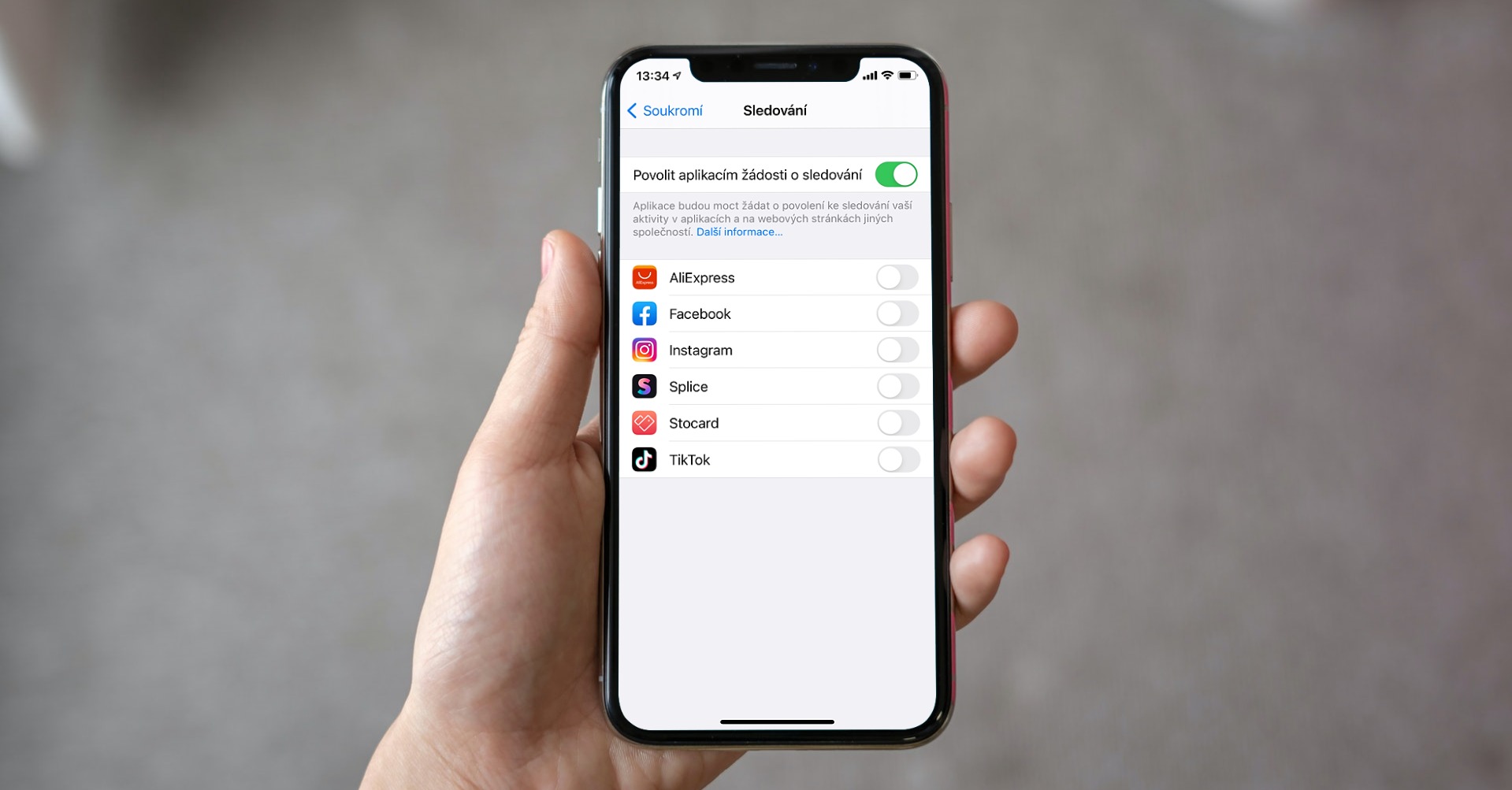
In short, it could be simply summed up as that the effort on the part of the Chinese giants burned out practically immediately. Tencent and Baidu declined to comment on the situation, while ByteDance did not respond to the newspaper's request Financial Times, who dealt with the whole situation. Apple subsequently added that the rules and conditions of the App Store apply equally to all developers around the world, and thus applications that disrespect the user's decision will not even be admitted to the store. In the results, therefore, the privacy of the users won. Currently, we can only hope that someone else will not try something similar.
It could be interest you

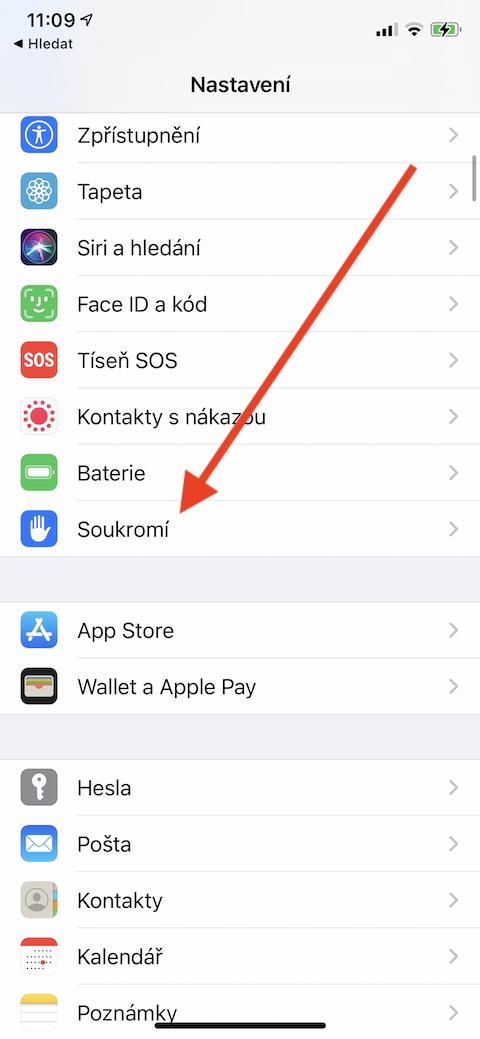

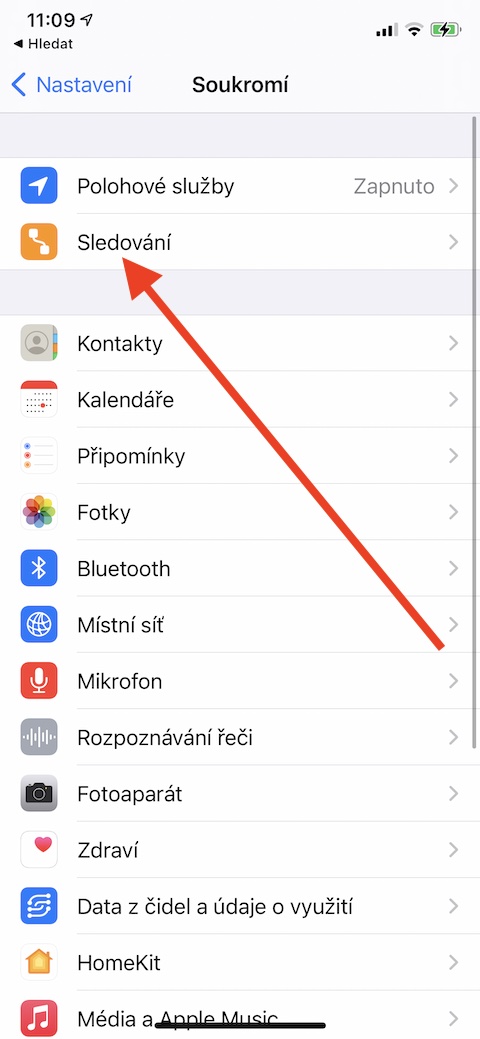
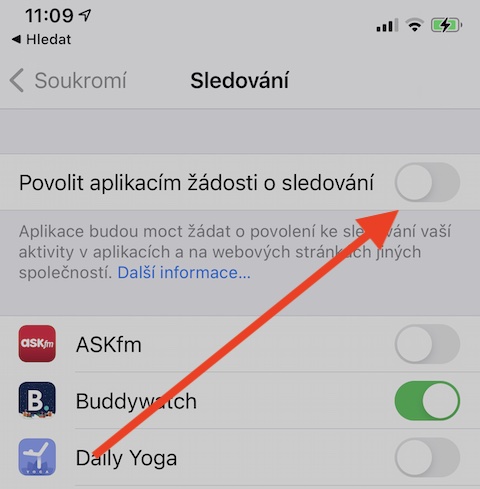
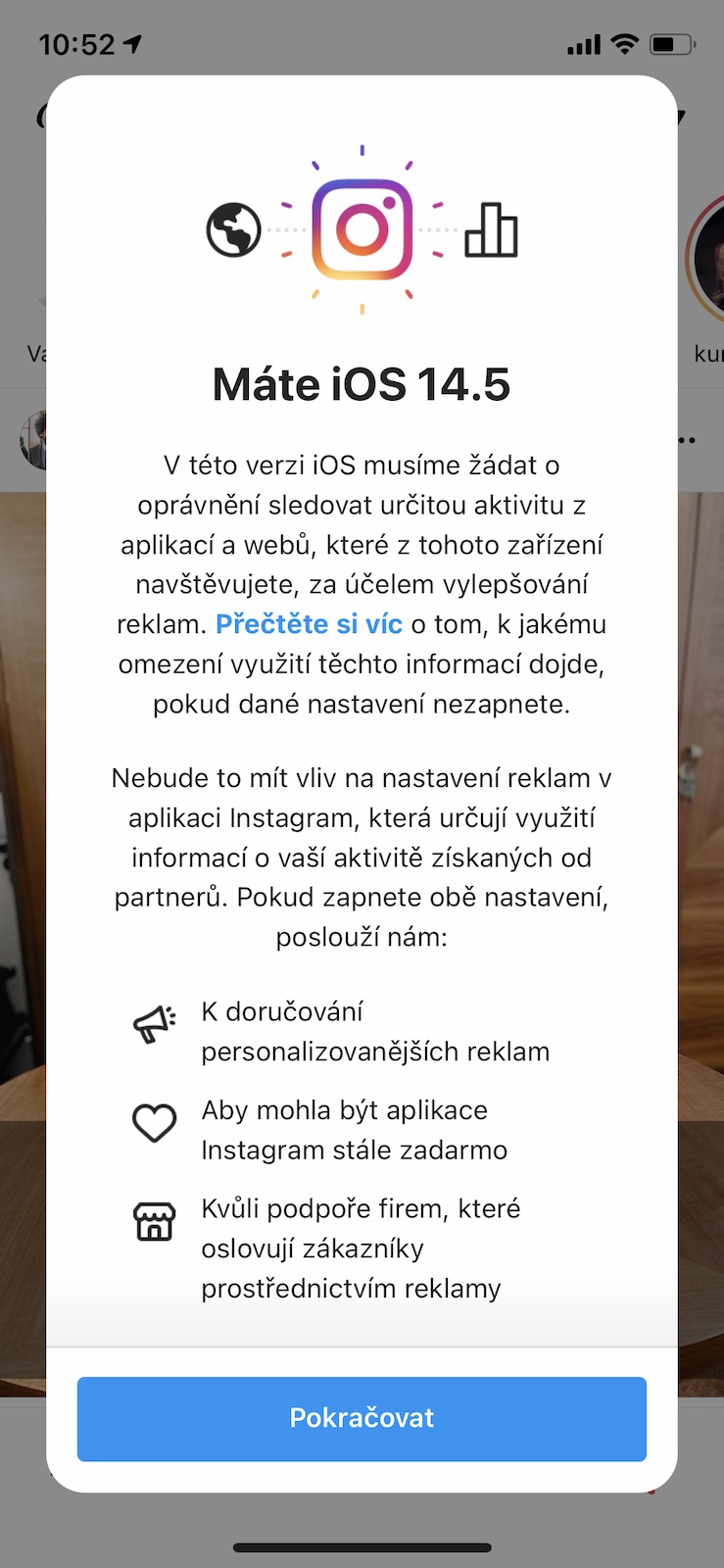
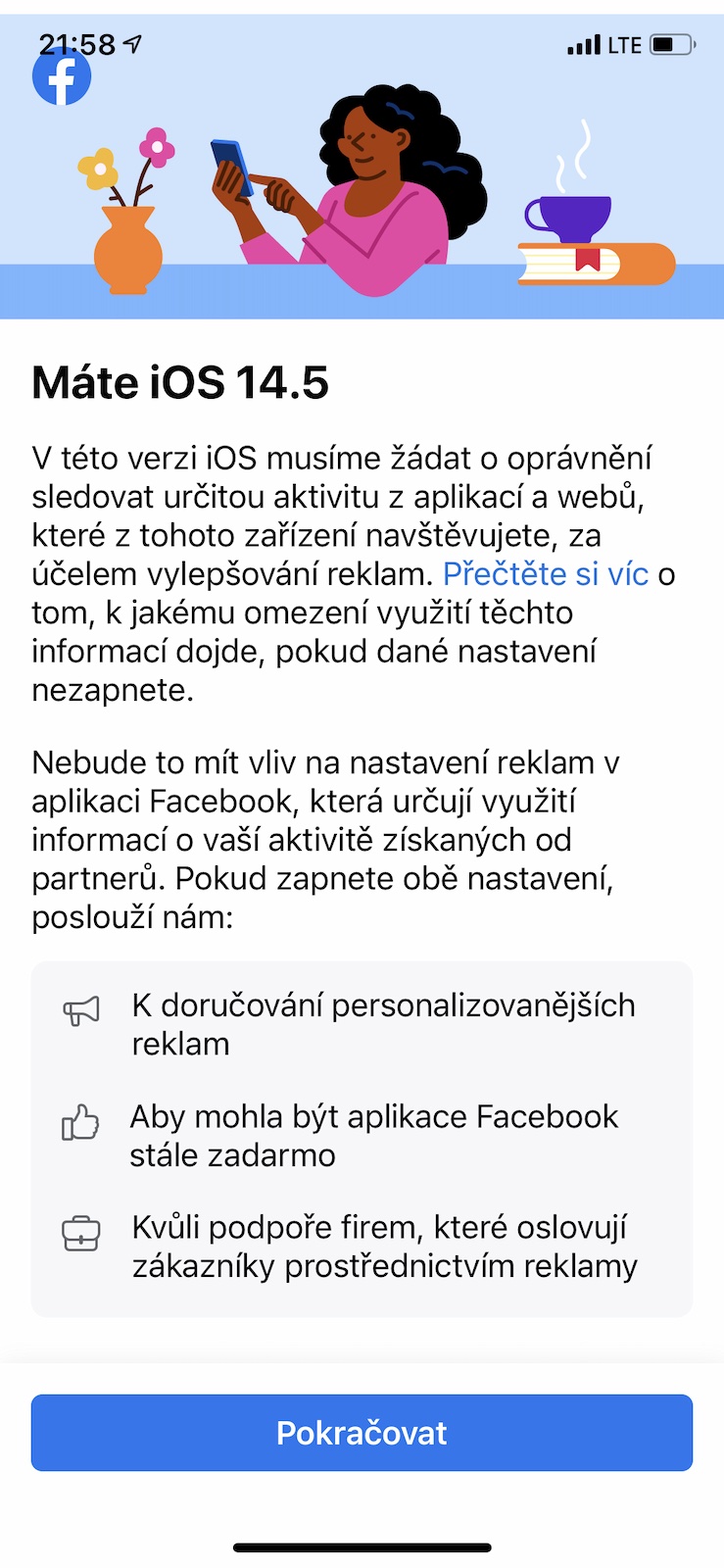
 Adam Kos
Adam Kos
However, Apple bends its back.
it is so. Chinese money > user privacy
I don't think so, but we'll see